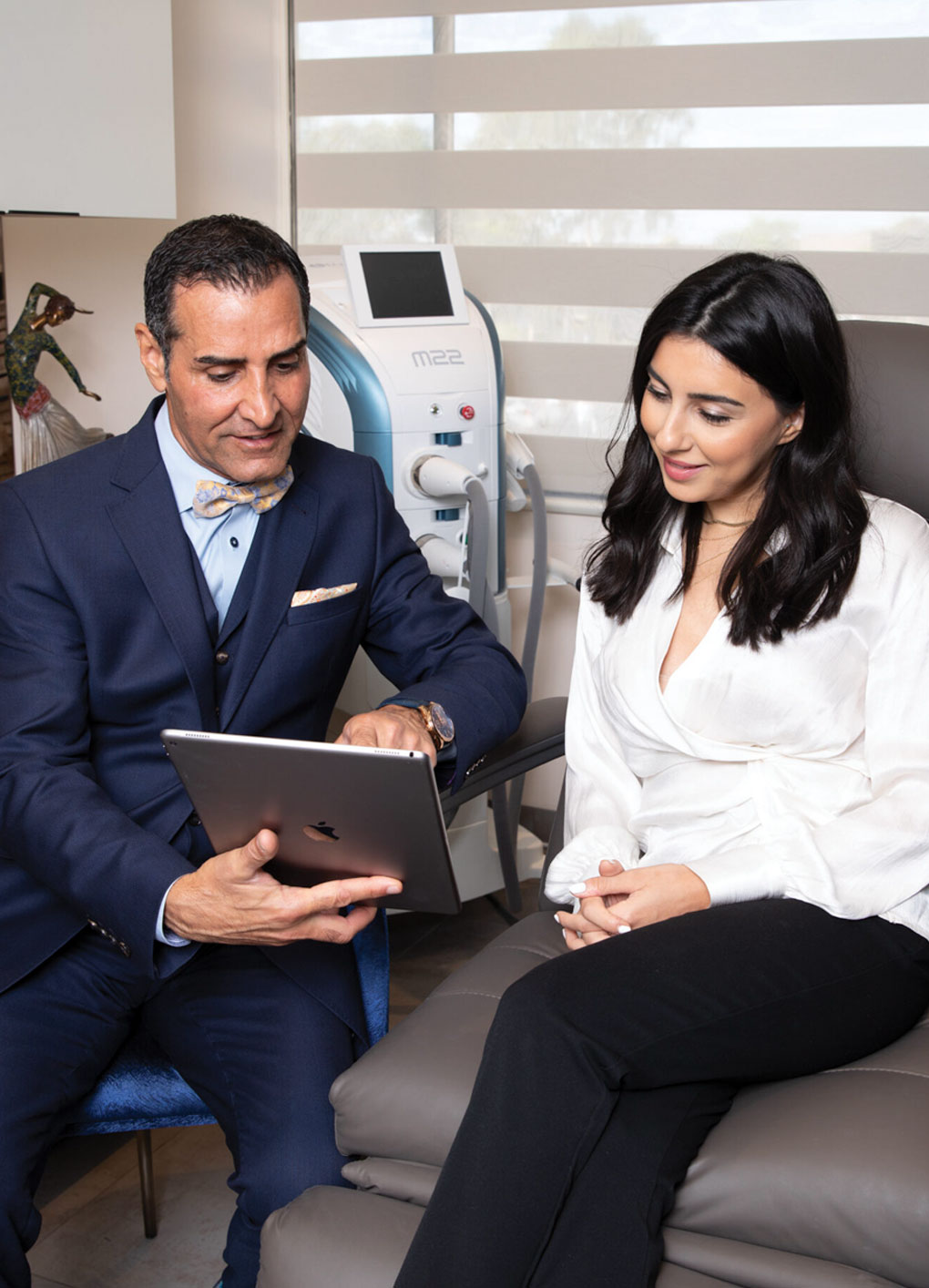How Nutrition, Vitamins, and Exercise can Affect your Plastic Surgery Outcomes
A vibrant, healthy-looking body is important; plastic surgery gives you an edge in achieving a fit, attractive body. With some pre-planning, you can enhance the outcome of your plastic surgery through nutrition, vitamins and exercise before and after the procedure. It is important to eat with purpose, not just to satisfy a growling stomach.
 Nutrition and Surgery
Nutrition and Surgery
Today’s busy lifestyle in Newport Beach and Orange County does not leave a great deal of time to think about the nutritional value of food. Most Americans evaluate the foods they eat only when they want to lose weight or when a doctor recommends a special diet to address a health issue. The truth is your body needs certain vitamins and minerals to function properly on a day-to-day basis. Proper nutrition is important to promote healing after plastic surgery.
Water
Your body is mostly water – anywhere from 60 to 75 percent, depending on your gender and body type. Anesthesia and pain relievers deplete the body of water, sometimes causing constipation after surgery. Drinking plenty of water before and after plastic surgery helps the body eliminate waste, toxins, bacteria and other impurities.
Meat
Second only to water, protein is the most plentiful substance in the body. Amino acids are the building blocks of protein. Amino acids help the body repair itself after plastic surgery and are important to the immune system and for the transportation of red blood cells, both fundamental to your recovery from surgery.
Animal Proteins
- Low-Fat Dairy
- Eggs
- Chicken
- Fish
- Turkey
Plant Proteins
- Nuts and Seeds
- Soybeans and tofu
- Whole grains
- Beans
Vitamins
Vitamins and minerals are important to tissue repair, hormone production and metabolism.
Two weeks before surgery, start on a regimen of:
- Multivitamins: Choose a multivitamin that is high-potency, antioxidant- and mineral-rich made from a vegetable source. Take two tablets daily.
- Vitamin C: Provides antioxidant protection reduces bruising and promotes healing. Take 1000 mg daily.
- Zinc/Glutamine: High pre-operative concentration of these nutrients shortens healing time and enhances tissue rebuilding. Take one teaspoon each daily.
Be sure to discuss a postoperative nutritional plan with Dr. Kevin Sadati before starting any new vitamins and minerals. He may suggest:
- CoQ10: Stimulates cell growth. Take one tablet twice a day.
- Glutamine: Prevents the breakdown of protein and tissues after surgery. Take 1 teaspoon twice a day.
- Arginine: Aids in stimulating collagen and healing wounds. Take 1 tablet three times daily.
- Vitamin C: A vitamin that is essential because it helps with healing wounds and collagen stimulation. Take 2 capsules daily.
- Glucosamine: Used by the body as a building block in the production of specialized wound-healing molecules. Take one tablet twice a day.
- Arnica 30x: A homeopathic drug that reduces discomfort, bruising and swelling of soft tissue.
- Water, fruit, Smooth Move Tea or Milk of Magnesia: Reduces constipation. Take as directed.
Exercise
People who exercise regularly before surgery have a better postoperative outcome, not only feeling and looking better, but also recovering from surgery more quickly than those who do not. This is especially true for plastic surgeries intended to enhance body shape, such as liposuction.
Creating good lifestyle habits, including proper nutrition, vitamins and exercise, before and after surgery enhances the effects of your plastic surgery.




